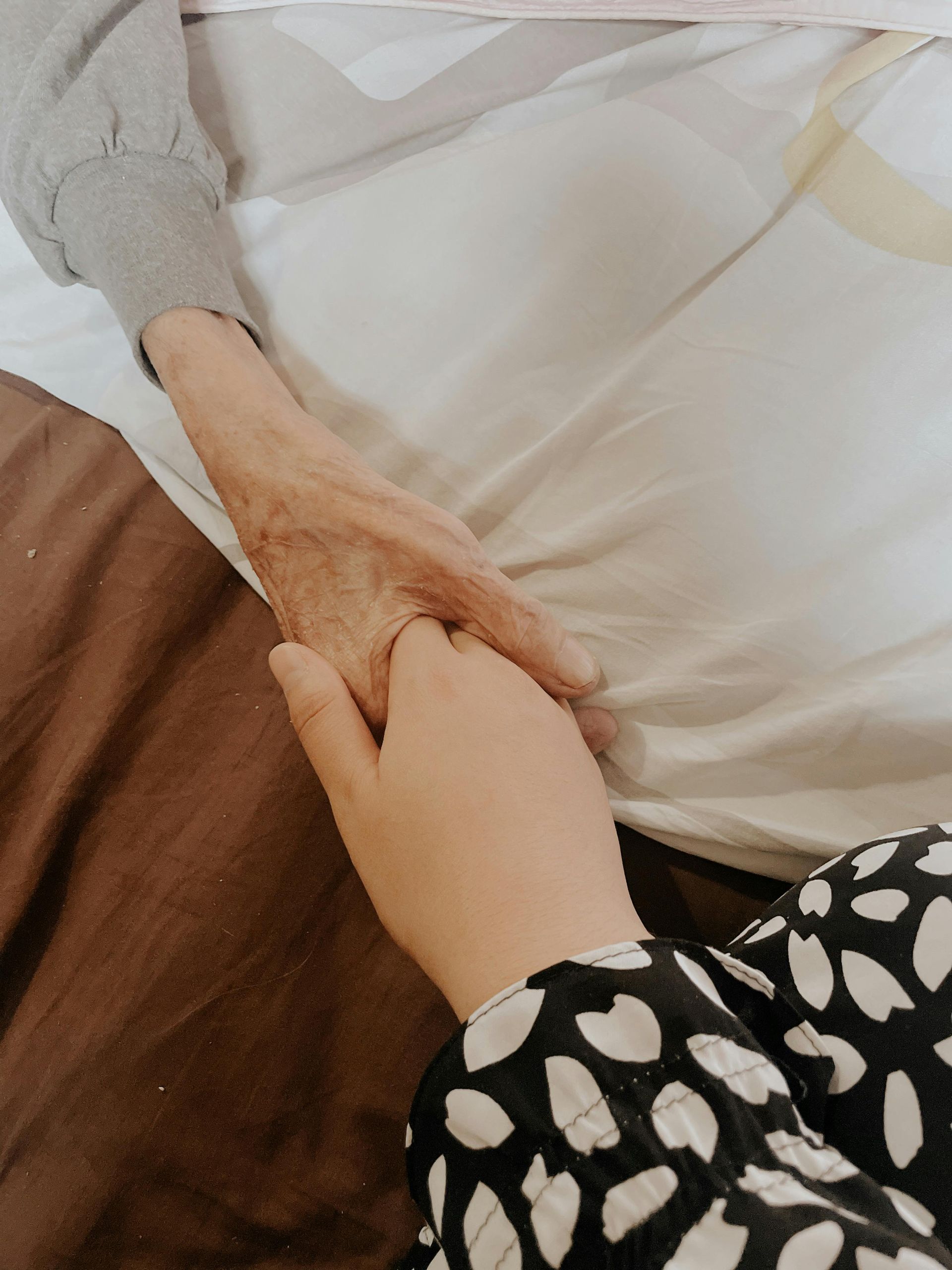Bringing Joy to Older Adults During the Holidays
Lenette Hamm • December 12, 2024
The holiday season is a time of warmth, connection, and celebration. Yet for many older adults, especially those living in nursing homes, it can be a challenging period marked by feelings of isolation or nostalgia for past traditions. This year, let’s consider meaningful ways to bring joy to older adults and ensure they feel the love and care they deserve.
1. Reconnect Through Visits and Calls
Spending time with an older adult can make a world of difference. Whether it’s a quick phone call, a video chat, or an in-person visit, these moments remind them that they are loved and valued. For nursing home residents, a cheerful visit can brighten their day. Consider bringing a small gift, like a festive decoration or a framed photo, to personalize their space and evoke positive memories.
2. Create Shared Experiences
Holidays are built around shared traditions. Invite older adults to participate in activities like decorating cookies, crafting ornaments, or watching classic holiday movies. For nursing home residents, arrange group activities such as caroling or storytelling sessions where they can share their cherished memories.
3. Send Cards and Letters
Receiving a heartfelt card can lift spirits and foster connection. Encourage family, friends, and community groups to write holiday greetings to older adults. Nursing homes often welcome these initiatives, and some may have "adopt-a-resident" programs where you can brighten the holidays for someone without family nearby.
4. Offer Practical Help
Many older adults struggle with tasks that become harder as they age. Offer to help with holiday shopping, decorating their home, or preparing meals. If they live in a nursing home, consider donating time or resources to assist with facility-wide celebrations.
5. Celebrate Their Unique Traditions
Every person has unique holiday traditions, and honoring these can be deeply meaningful. Take the time to learn about what the holidays mean to them and incorporate those traditions into your celebrations. Perhaps they’d love to cook a special recipe, attend a religious service, or listen to specific songs that evoke cherished memories.
6. Share Comfort and Warmth
Sometimes, the simplest gestures mean the most. Bring cozy blankets, warm socks, or a favorite holiday treat. These small tokens can provide comfort and remind them of the joy the season brings.
Making the Holidays Bright
Helping older adults feel included and loved during the holidays is a gift that benefits everyone involved. Whether through time, thoughtful gestures, or community efforts, your kindness can create cherished memories and foster a sense of belonging. This holiday season, let’s ensure no one feels forgotten. Together, we can make it a time of joy for all.






